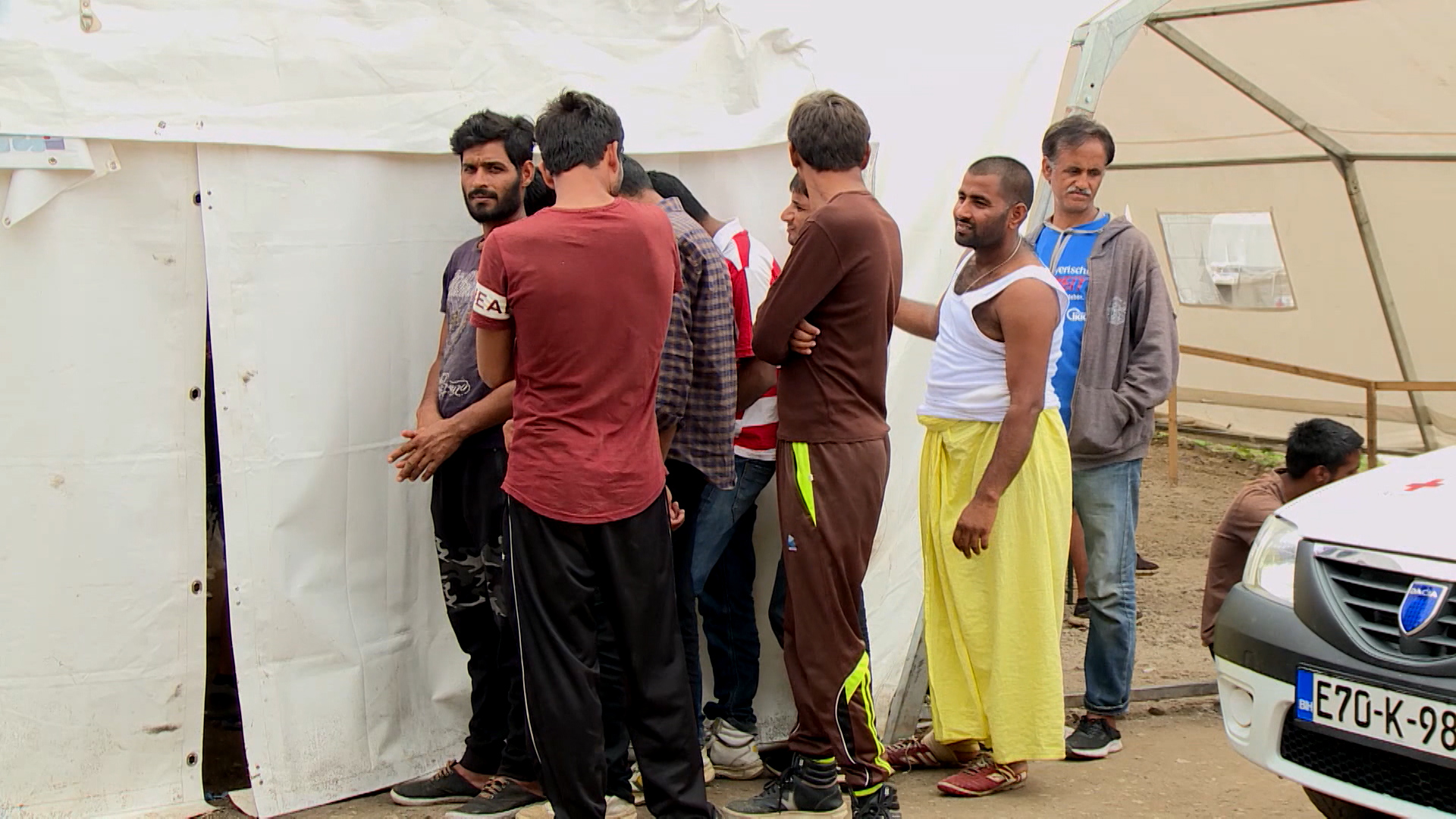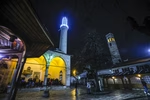
There are about 1,000 migrants and refugees staying in the northwestern town of Velika Kladusa currently, and nearly half have no access to any medical services, while locals are concerned about potential diseases which the migrants might bring to the area.
About 600 migrants are located in the ‘Miral’ migrant camp in Velika Kladusa. The rest are on the streets and have no access to doctors.
Volunteers from the MSF organisation provided services for those migrants until about a month ago. However, police do not let them do so in urban areas anymore where migrants would gather in large numbers, according to the head of the local healthcare service, Evresa Okanovic.
“They stayed at five locations for a month and a half, and they were chased away from those places, they were told they can’t do that and need to move away from the place where they were providing medical services,” Okanovic said.
According to MSF coordinator Nihal Osman, those migrants who are not registered within the system have not been placed in migrant camps.
“If we, as well as the Ministry of Health and doctors from the healthcare service, don’t respond to their requests, that means that they (migrants) have no access to medical services,” Osman said.
According to Una-Sana Canton Interior Ministry spokesperson, Ale Siljdedic, police cannot ban any international organisation from doing its activities, but the NGO was asked to determine a location outside of the town where it could provide its services.
“Most primary schools, high schools, public institutions, municipalities and the bus station are concentrated in that small area. We cannot allow for larger groups of migrants to gather there, especially because of contagious diseases which are being talked about now,” he said, adding that authorities want to prevent “danger toward the local population which is moving through that area daily.”
According to doctor Mustaha Hodzic, who is treating the sick in the migrant camp Miral six days a week, the migrants in the area suffer from various diseases. He mentioned scabies as the most widespread one, with 900 cases found in the first six months of 2019.
He expressed concern that an epidemic might occur and stressed that the disease cannot be treated without the means to do so.
“We still have no epidemiological map which would tell us everything we might face. What we do know for sure is that there are a lot more case of diseases such as hepatitis, which was not that frequent among our population. We have tuberculosis and sexually transmitted diseases the sources of which we will be researching for years after these people leave the area,” he said.
The local healthcare service in Velika Kladusa appealed to all levels of government to seriously approach the issue of the migrant crisis in order to protect the local population but also to provide migrants and refugees with quality health services.
Kakvo je tvoje mišljenje o ovome?
Učestvuj u diskusiji ili pročitaj komentare





 Srbija
Srbija
 Hrvatska
Hrvatska
 Slovenija
Slovenija



























































